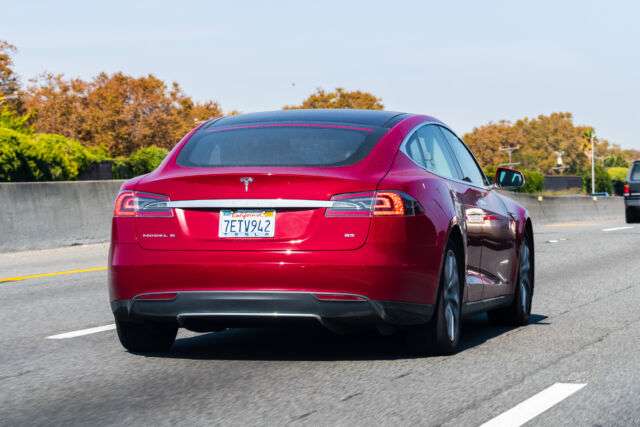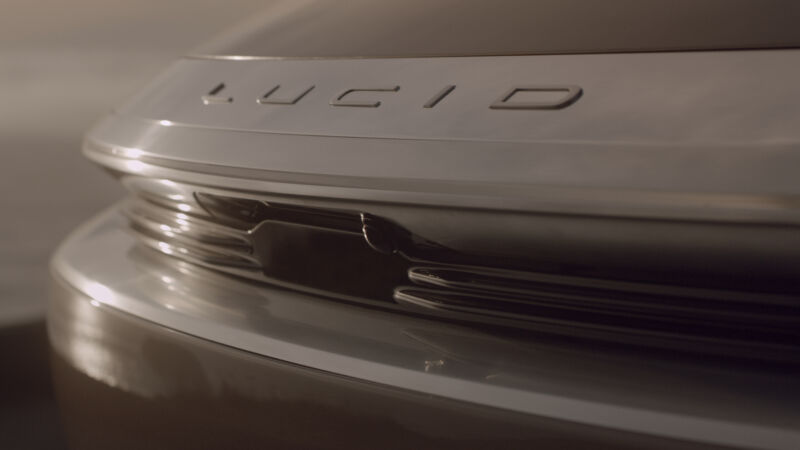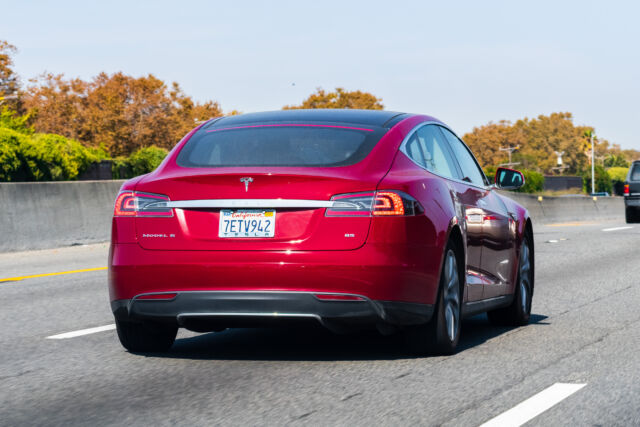
Electric car startup Lucid is challenging Tesla’s anti-lidar stance
Lucid aims for “hands off, eyes off” freeway driving by 2023—but no robotaxis. …
 reader comments
reader comments
141 with 95 posters participating, including story author
Electric car startup Lucid doesn’t like the phrase “Tesla killer,” but the comparison is hard to avoid. The company raised $1 billion from Saudi Arabia two years ago and is working on the Lucid Air, a high-end battery electric sedan reminiscent of Tesla’s Model S. Lucid is scheduled to officially unveil the car in September and begin selling it next year.
One area where Lucid is looking to differentiate itself from its more established electric rival is with its advanced driver-assistance system (ADAS) called DreamDrive. Elon Musk has ambitious goals for Tesla’s Autopilot technology, but the company has struggled to meet them. One possible factor: Musk has ruled out using lidar, a sensor that is widely used by companies attempting to develop fully driverless vehicles.
“Anyone relying on lidar is doomed,” Musk said at an event last year to showcase Tesla’s progress in self-driving technology. Musk believes that cameras and radar will be sufficient to achieve full autonomy and that lidar is a “crutch” that distracts companies from pursuing more fundamental breakthroughs.
Lucid doesn’t agree. This week, the firm announced that its first vehicle would feature a long-range, high-resolution lidar sensor. The company hopes it will help make DreamDrive an industry leader.
How lidar could help DreamDrive leapfrog Autopilot

When Lucid launches the Air next year, it will feature adaptive cruise control and lane-centering capabilities that Autopilot has had for several years. At first, the Air
Continue reading – Article source




